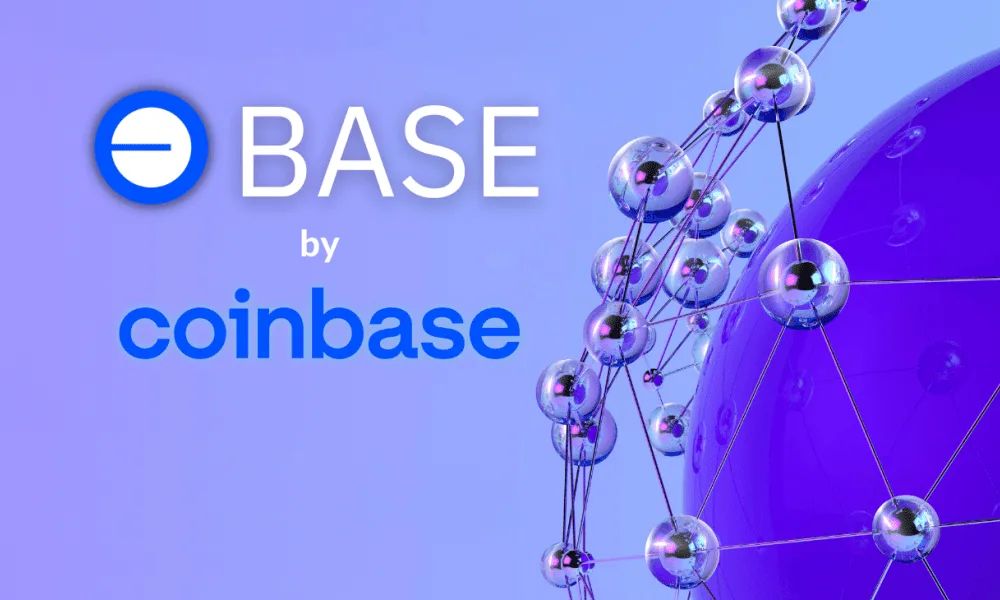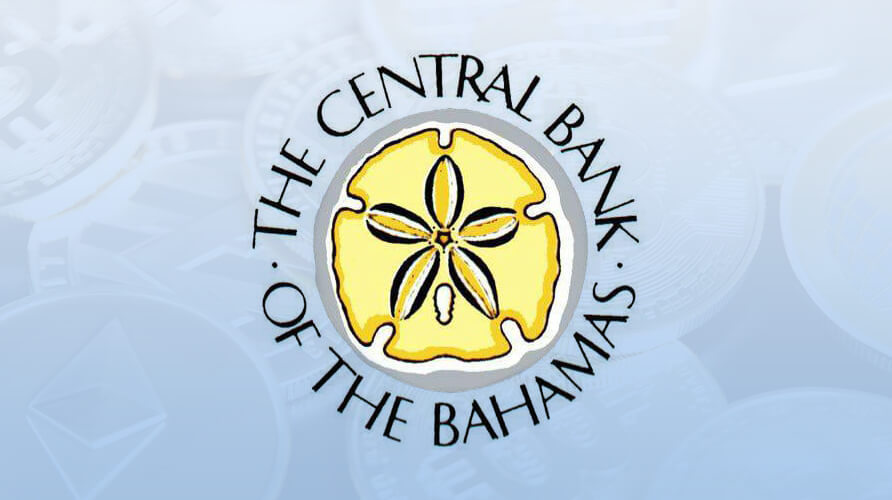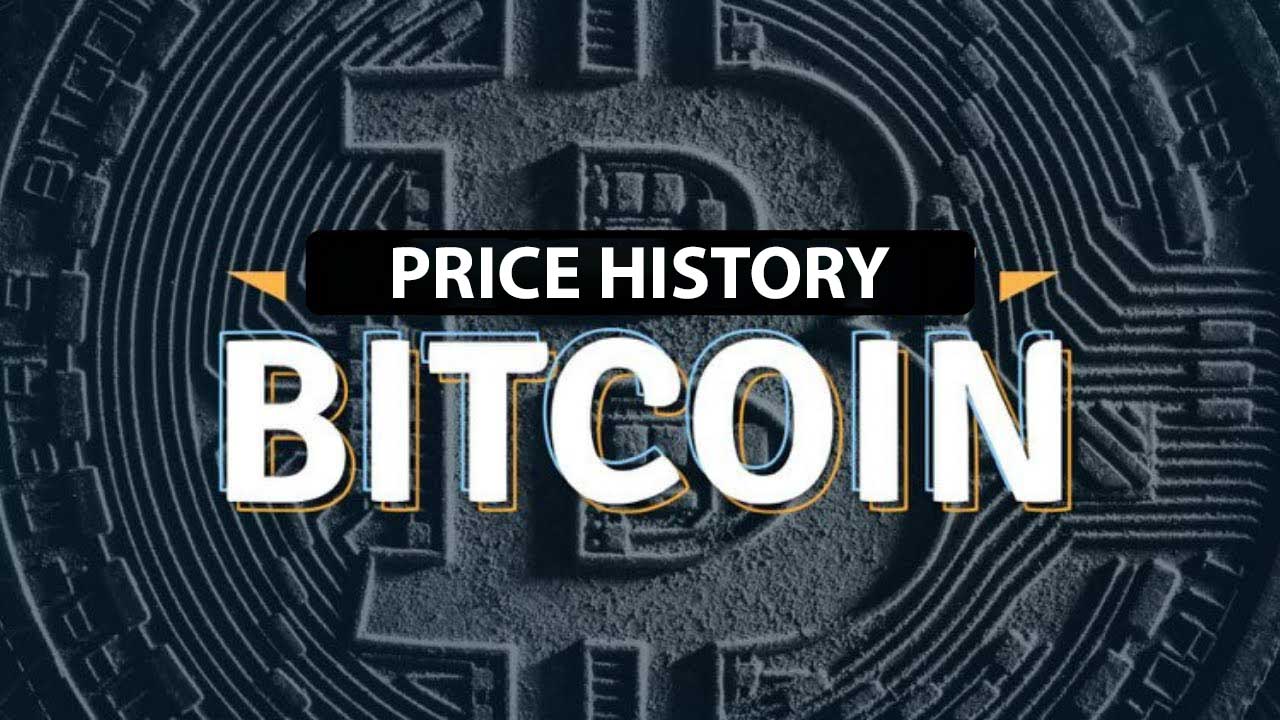Understanding the Concept of a DAO Crypto
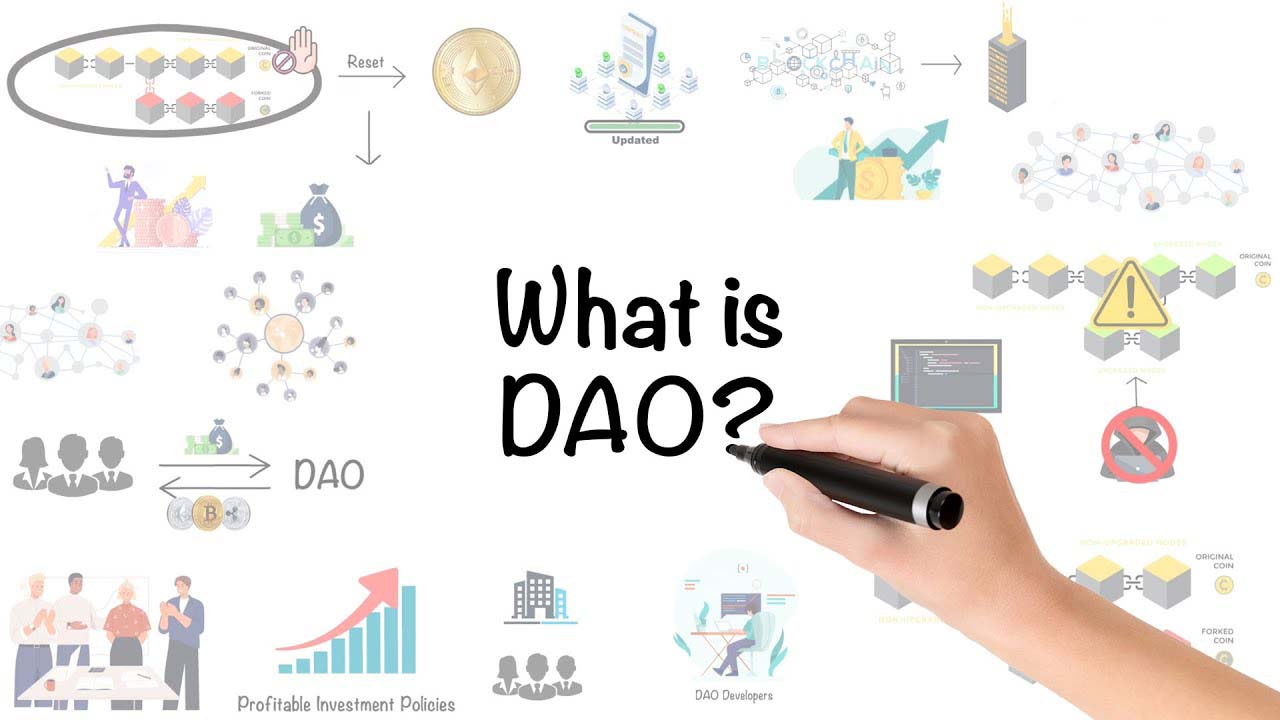
In recent years, a groundbreaking model has emerged, fundamentally altering how groups operate in the digital landscape. This innovative framework promotes a collective decision-making process, enabling participants to engage seamlessly and contribute to shared goals. By leveraging technology, these entities facilitate efficiency and transparency in their operations, redefining traditional concepts of governance and collaboration.
At the core of this phenomenon lies a commitment to democratic principles, allowing every member to have a voice and actively partake in the direction of initiatives. The shift toward such an inclusive approach invites exploration into how this paradigm fosters trust and enhances community involvement. As we delve deeper, we will uncover the intricacies of these adaptive structures and their potential to transform various sectors.
Furthermore, this system opens doors to new avenues for innovation and resource sharing. As participants collaborate across borders and backgrounds, they create a rich tapestry of ideas and expertise, propelling the collective forward. Embracing this model not only addresses contemporary challenges but also cultivates an environment ripe for growth and creativity.
What Are Decentralized Autonomous Organizations?
The emergence of new collaborative frameworks is reshaping the way communities and businesses operate. These innovative constructs leverage technology to create systems that can function independently and facilitate collective decision-making. The essence lies in a trustless environment where rules are enforced by coded protocols rather than central authorities.
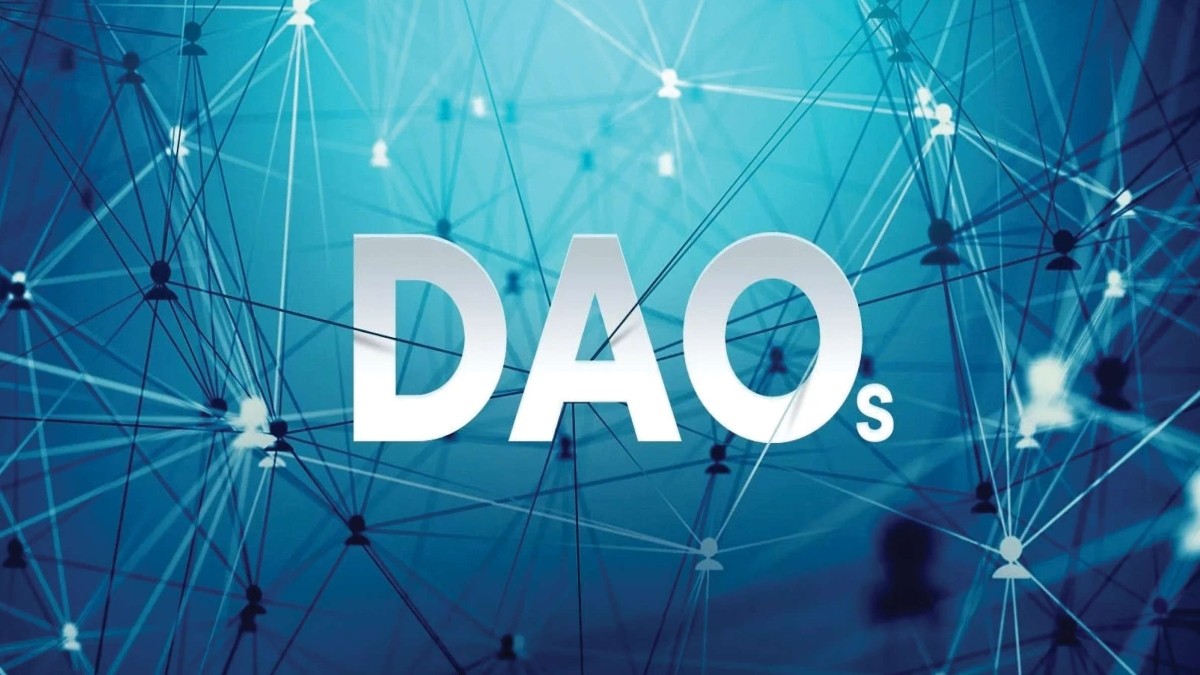
At the core of these structures is the idea of self-governance through community participation, enabling members to engage in a democratic manner and contribute to the evolution of the system without hierarchical constraints. Each participant holds a stake in decision processes, fostering a sense of ownership and responsibility towards the shared goals.
| Key Features | Description |
|---|---|
| Smart Contracts | These are self-executing contracts with the terms of the agreement directly written into lines of code, automating processes and ensuring transparency. |
| Community Governance | Decisions are made collectively by members who propose, discuss, and vote on initiatives, ensuring that all voices are heard. |
| Token-based Incentives | Participants are often rewarded with tokens for their engagement, which can be used to vote, influence decisions, or access special features within the framework. |
| Transparency | All transactions and decisions are recorded on a public ledger, promoting trust among participants and safeguarding against manipulation. |
Key Features of DAOs
The innovative framework behind these collective entities fosters unique characteristics that set them apart from traditional structures. These elements not only enhance their functionality but also empower participants through shared governance and transparency.
Decentralization is a foundational aspect, ensuring that no single individual holds excessive power. Decisions are made collectively, reducing the risk of corruption or unilateral control.
Transparency is another vital feature, as all financial transactions and operations are recorded on a blockchain. This openness allows members to verify actions, promoting trust within the community.
Smart Contracts play a crucial role in automating processes. These self-executing agreements reduce the need for intermediaries, ensuring efficiency and security while minimizing human error.
Token-Based Governance empowers members to influence decisions based on the tokens they possess. This system provides a democratic approach to voting, where contributions to the ecosystem can directly impact the direction and priorities of the group.
Finally, the concept of Community Ownership fosters a sense of belonging and responsibility among participants. Members are incentivized to act in the best interest of the collective, aligning personal and communal goals.
Benefits of Using DAO Structures
The implementation of a novel governance framework offers numerous advantages, enhancing collaboration and decision-making while reducing dependencies on traditional hierarchies. These benefits stem from the innovative way these frameworks operate, allowing for increased participation and transparency among all involved parties.
Enhanced Transparency
One of the key advantages of utilizing this framework is improved visibility of all transactions and decisions. This transparency fosters trust among participants and helps ensure accountability within the collective. Key points include:
- Real-time access to relevant data and decisions
- Immutable records of actions taken, promoting integrity
- Open participation encourages scrutiny and dialogue, leading to better outcomes
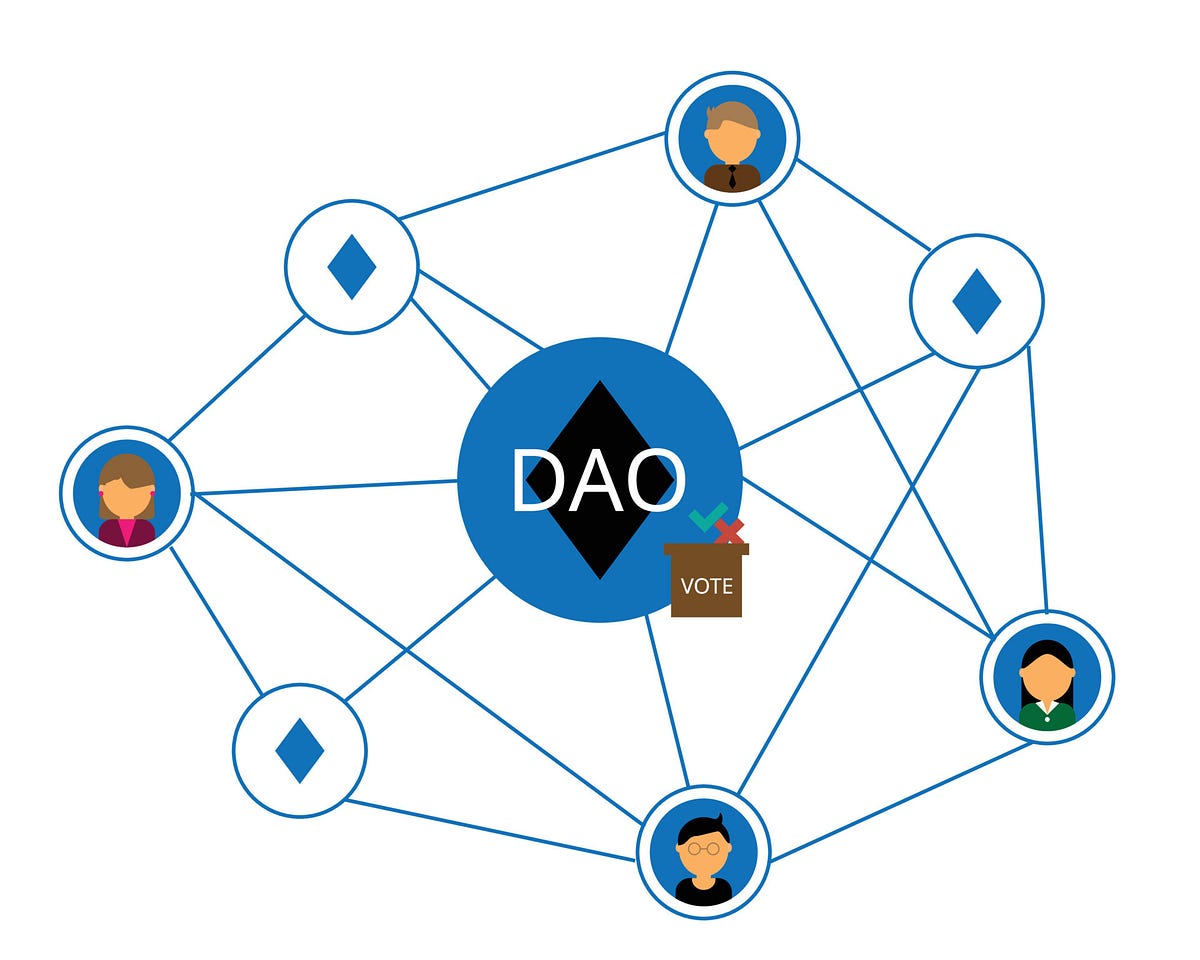
Increased Participation
Another significant benefit is the ability to mobilize a diverse group of stakeholders, allowing for a broader range of perspectives and contributions. This inclusivity can lead to more innovative solutions and improved overall performance. Consider these aspects:
- Decentralized voting mechanisms empower every member to voice their opinion
- Flexible structures tailor participation to fit various skill sets and interests
- Global reach enables involvement from individuals regardless of geographic location
By capitalizing on these strengths, this innovative structure stands to revolutionize the way groups collaborate and make decisions, ultimately leading to more effective and agile outcomes.
Challenges Faced by Decentralized Organizations
As innovative structures gain popularity, they encounter a myriad of obstacles that can hinder their effectiveness and growth. These entities often operate outside traditional frameworks, which can lead to unique difficulties in governance, coordination, and resource management. Understanding these challenges is crucial for anyone involved in or studying these novel forms of collaboration.
One significant issue is decision-making efficiency. In systems where authority is distributed among participants, reaching consensus can be slow and cumbersome. This can lead to delays in important initiatives and a potential loss of competitive edge in rapidly evolving markets. Additionally, the diversity of opinions may create conflicts, complicating the process of achieving a unified direction.
Moreover, maintaining a sense of community and engagement among participants can be challenging. As membership fluctuates and the virtual nature of many of these collaborations prevails, individuals may feel disconnected or less motivated to contribute actively. Fostering a cohesive culture is essential for sustaining enthusiasm and commitment.
Furthermore, security and trust represent critical concerns. The reliance on technology and smart contracts means that these functions must be developed and audited meticulously to prevent vulnerabilities. Any breach can jeopardize the integrity of the entire system, leading to a loss of confidence among participants.
Lastly, regulatory issues often pose a significant barrier. Navigating the legal landscape, which can be ambiguous or hostile toward innovative frameworks, requires careful consideration and adaptation. Entities must ensure compliance with applicable laws and regulations to avoid potential pitfalls that could impact their sustainability.
Real-World Examples of Successful DAOs
The rise of innovative collective decision-making structures has led to remarkable success stories across various sectors. These examples highlight how groups can effectively collaborate and achieve common goals through shared governance and contribution models.
Here are some notable instances of thriving initiatives:
- MakerDAO
This project allows users to create a stablecoin called DAI, which is pegged to the US dollar. Community members participate in governance, determining monetary policy and collateral management. - Uniswap
As a popular decentralized exchange, Uniswap uses a governance model that empowers token holders to influence platform development and enhance liquidity provisions, ensuring a robust trading environment. - Yearn Finance
This yield optimizer assists users in maximizing their earnings from various decentralized platforms. The community governs protocol changes, enabling transparent decision-making and diverse investment strategies. - PizzaDAO
Focusing on pizza-related projects and events, this initiative allows members to propose and vote on activities, promoting community engagement and funding for various pizza-related ventures. - Aave
This lending platform enables users to borrow and lend cryptocurrencies while allowing the community to propose upgrades and influence protocol direction through decentralized governance.
Such examples illustrate the potential for collaborative ventures where individuals can participate, make decisions, and shape the future of their ecosystems. Through shared responsibility, these initiatives have successfully navigated challenges while driving innovation in the digital landscape.
The Future of Governance with DAOs
The evolution of community-led frameworks is poised to reshape the landscape of decision-making in various sectors. As these innovative models gain traction, they promise to enhance transparency, accountability, and engagement among participants. This shift signifies a departure from traditional hierarchies, paving the way for more inclusive and democratic approaches to governance.
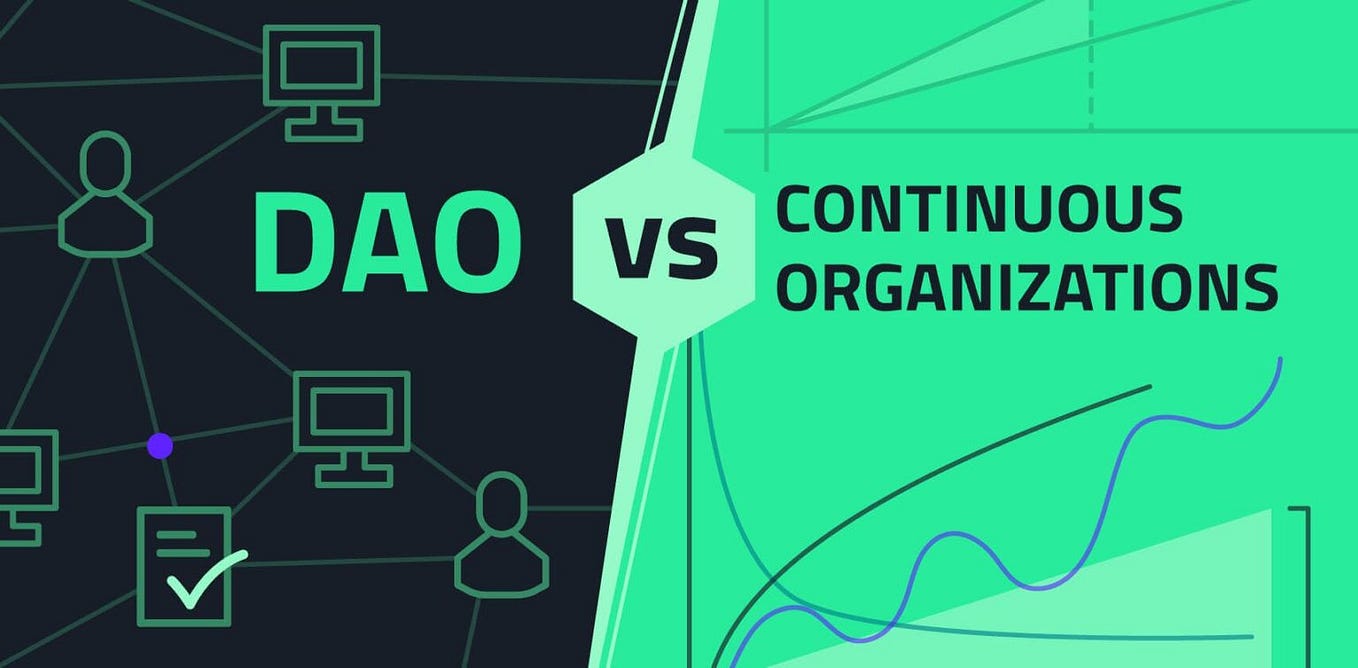
Key Advantages of This New Model
- Increased Participation: Individuals can actively engage in the decision-making process regardless of their location.
- Transparency: Open systems allow for all actions and decisions to be visible, fostering trust among members.
- Efficiency: Automated processes reduce bureaucratic delays, enabling faster responses to changing circumstances.
- Global Reach: Individuals from diverse backgrounds can contribute, enriching the dialogue and fostering innovation.
Challenges Ahead
- Regulatory Concerns: As these structures operate outside conventional frameworks, regulatory bodies may struggle to keep pace.
- Scalability: Managing a larger community can introduce complexities that need to be addressed effectively.
- Security Issues: Increased reliance on technology raises the risk of breaches and requires robust security measures.
- Engagement Levels: Ensuring consistent participation can be challenging, with the potential for voter apathy.
As communities explore these emerging governance formats, the future holds significant promise, although careful navigation of associated challenges will be essential for sustained success.
Q&A: What is a DAO
What is a DAO and how does it function?
A DAO, or Decentralized Autonomous Organization, is an organization represented by rules encoded as a computer program that is transparent, controlled by organization members and not influenced by a central government. DAOs rely on smart contracts, which are self-executing contracts with the terms of the agreement directly written into code. They function by enabling members to propose and vote on decisions, with each member typically holding tokens that represent voting power. This structure allows for decentralized decision-making, where all members can interact and collaborate without needing a central authority.
What are the key advantages of using a DAO compared to traditional organizations?
DAOs provide several key advantages over traditional organizations. Firstly, they promote transparency, as all transactions and rules are recorded on a public blockchain. This makes it easier to audit actions and decisions. Secondly, DAOs enhance inclusivity, allowing anyone with an internet connection to participate in governance, regardless of their location. Thirdly, by removing central authorities, DAOs can potentially reduce costs, minimize bureaucratic inefficiencies, and allow for faster decision-making processes. Additionally, member-driven governance can lead to more innovative and diverse ideas being considered, fostering a collaborative environment.
What are some challenges faced by DAOs?
Despite their potential, DAOs face several challenges. One significant issue is the risk of governance attacks, where malicious actors exploit vulnerabilities in smart contracts or voting systems, potentially leading to disastrous outcomes for the organization. Additionally, scalability can be a concern; as a DAO grows, reaching consensus on decisions may become increasingly complex and time-consuming. Regulatory uncertainties are also a hurdle, as many nations have yet to define clear legal frameworks for DAOs, creating potential risks for participants. Finally, the technology underlying DAOs can be complicated, making participation intimidating for those who lack technical expertise.
How can someone participate in a DAO?
To participate in a DAO, one typically needs to follow a few basic steps. First, individuals should choose a DAO that aligns with their interests or goals, which can often be found on various blockchain platforms or community forums. Next, they must acquire the specific tokens used by that DAO, which often requires a cryptocurrency exchange. Once they have tokens, they can join the DAO’s community, usually through their official websites or communication channels like Discord or Telegram. In these spaces, they can engage in discussions, propose ideas, and vote on decisions. Each DAO operates differently, so it’s essential to review the specific guidelines and participation methods of the DAO in question.
What is a DAO, and how does it work?
A DAO (Decentralized Autonomous Organization) is a new type of organization that operates on blockchain technology without the need for centralized control. DAOs use smart contracts to govern their activities, which are automatically executed based on predefined rules. Members of a DAO participate in the decision-making process by voting on proposals, and decisions are recorded on the blockchain. DAOs offer a decentralized management structure, where each member has voting rights depending on the number of DAO tokens they hold. Ethereum is the most commonly used blockchain for DAOs, and governance tokens are often used to vote on proposals and influence the direction of the organization.
What are the benefits of DAOs compared to traditional organizations?
DAOs offer several key benefits over traditional organizations. Firstly, DAOs are decentralized, meaning there is no central authority controlling decisions, which promotes fairness and transparency. Decisions within a DAO are made by its members via voting, using governance tokens. This allows for more democratized decision-making and reduces the risk of corruption or biased management. Furthermore, DAOs are governed by smart contracts on blockchains like Ethereum, ensuring that all actions and transactions are automatically executed and recorded on the blockchain, which reduces the need for intermediaries and streamlines operations.
How do governance tokens function within a DAO?
Governance tokens play a crucial role in DAOs by granting voting rights to their holders. These tokens are typically distributed to members, and the number of tokens a member holds determines their influence in the decision-making process. For example, if a DAO is voting on a proposal or a new direction for the organization, members with governance tokens can vote to approve or reject the proposal. The more governance tokens a member has, the more voting power they hold. In many DAOs, governance tokens are essential to the decentralized governance model, allowing for a democratic and transparent process.
Can you provide an example of a DAO and how it operates?
One of the first DAOs was ConstitutionDAO, which aimed to purchase a copy of the U.S. Constitution using funds raised from a decentralized group of contributors. Members of ConstitutionDAO were able to contribute funds and participate in voting through governance tokens. This DAO, like many others, operated on the Ethereum blockchain, using smart contracts to facilitate decision-making and fund management. The DAO’s structure allowed members to participate in a collective effort without the need for centralized control, and decisions regarding the use of the funds and the future of the organization were made through member voting.
How do DAOs contribute to decentralized finance (DeFi)?
DAOs are a key component of the decentralized finance (DeFi) ecosystem. Through DAOs, participants can collectively make decisions about financial products, lending protocols, and investment strategies without relying on traditional financial institutions. DAOs govern DeFi platforms by allowing members to vote on protocol upgrades, risk parameters, and the allocation of funds. This decentralization removes centralized intermediaries, making financial transactions more transparent, secure, and efficient. Many DAOs in the DeFi space operate autonomously, with governance tokens enabling community-driven decision-making.
